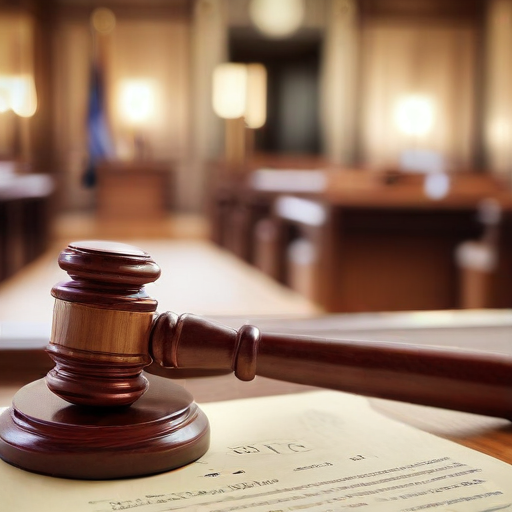A recent court case in Dublin concluded with a jury awarding nearly €250,000 to Nikita Hand, who accused mixed martial arts fighter Conor McGregor of assaulting her. The case saw significant developments, including a distressing incident where masked men allegedly broke into Hand’s home, causing damage and injuring her boyfriend. This incident occurred on June 14 and could not be reported until recent legal discussions allowed for it to be disclosed.
During the trial, Hand’s attorney, John Gordon, mentioned the break-in to illustrate his client’s anxiety and the reasons for her relocation from her home. The account stated that the intruders entered her bedroom and injured her partner while her daughter was asleep in another room. While Gordon did not claim that McGregor was responsible for the attack, he suggested it was connected to supporters of the fighter, contributing to Hand’s distress. However, McGregor’s legal representative argued that this claim was irrelevant to the case.
The court’s ruling on this incident did not include it in the jury’s considerations, as the judge deemed it unrelated. In response to the jury’s decision, McGregor expressed disappointment, asserting that the evidence not presented to the jury could have influenced the outcome. He referred to the damages as modest and stated he would appeal the decision. The Director of Public Prosecutions had earlier decided against pursuing criminal charges in 2020.
The case has sparked discussions about consent and the definition of submission, with Ireland’s justice minister, Helen McEntee, praising Hand for her courage in bringing this matter to light. She emphasized the importance of support for victims and the possibility of justice.
This case highlights crucial conversations around consent and the importance of supporting survivors of violence, reflecting an evolving understanding within society. As more individuals come forward in similar situations, it may encourage further discussions on victim rights and legal protections.
In summary, this court case not only addresses serious allegations against a public figure but also opens pathways for broader societal change concerning consent and support for victims of assault. The recognition of these issues by public officials may foster a more supportive environment for those affected.
